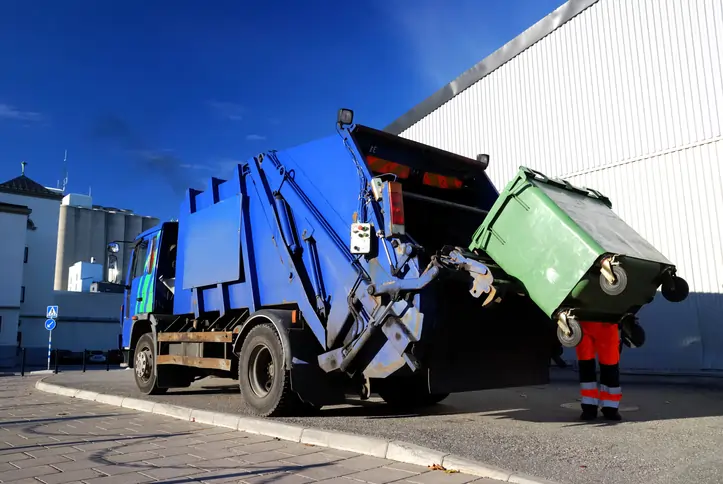

Divert offers guidance on enhancing your business’s waste management for the new year with these eight eco-resolutions:
1) Eliminate Single-Use Plastics:
Non-recyclable single-use plastics often end up in landfills. The UK banned certain single-use plastics from October 2023, including items like cutlery and balloon sticks. Yet, many businesses continue using plastic bags and disposable containers. Resolve to eradicate single-use plastics from your operations, substituting them with recyclable materials.
2) Plan for Biannual Recycling Audits:
Every beginning of the year, make a point of evaluating your company’s recycling processes. This will reveal the types of recyclable waste you generate and current recycling practices, pinpointing improvement areas. Implement new bins as needed based on these findings. Conduct these audits semi-annually to monitor progress and discover new opportunities.
3) Establish Specific Recycling Targets:
Setting clear recycling objectives helps your business focus on enhancing recycling, monitor
progress, and uncover new opportunities. Goals could include boosting overall recycling efforts by50% , recycling all paper waste, or ensuring recyclables don’t end up in general waste. Set these objectives early in the year and review them periodically.
4) Select Optimal Bins for Your Company:
By March 2025, UK businesses must segregate glass, metal, plastic, paper/card, and food waste. Prepare by introducing separate bins for each type of waste. Determine the right bin sizes and collection frequency based on your waste production.
5) Transition to a Paperless Office:
Aim to completely eliminate paper usage this year. Many companies have already transitioned to digital, reducing paper waste. Strategies for going paperless include offering email receipts, online catalogs and newsletters, QR codes for menus, social media advertising, and digital paychecks.


